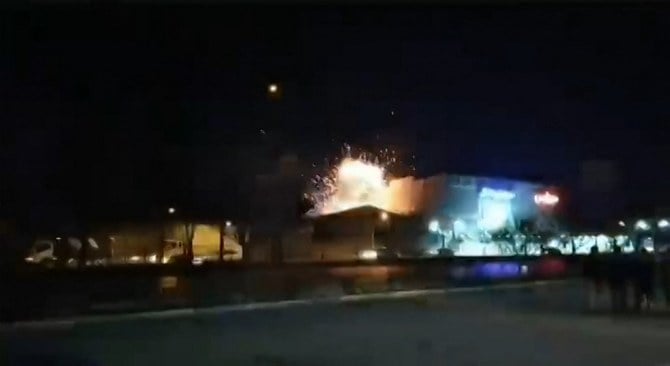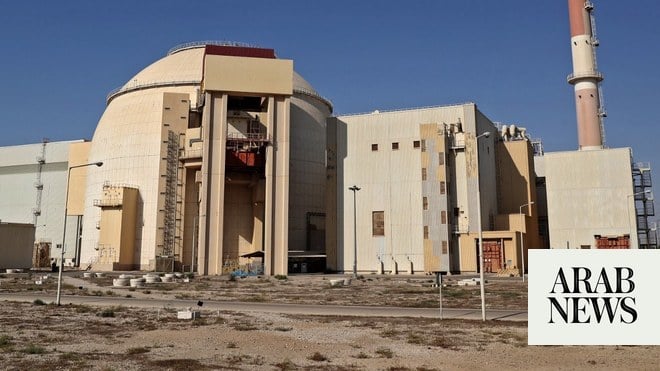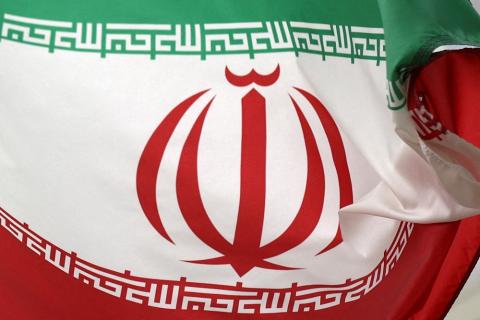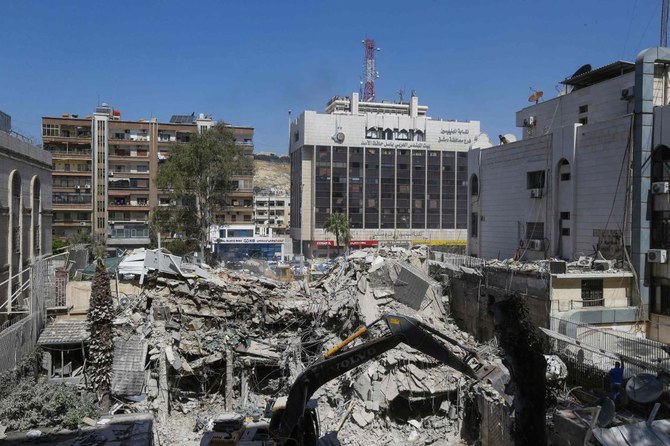
Iran’s dramatic announcement that it no longer intends to honor its commitments under the 2015 nuclear deal with world powers could soon revive discussions in Israel over a possible military strike on Iranian targets.
While Israel has kept a low profile since the US killed top Iranian Gen. Qassem Soleimani last Friday, it will be difficult to remain on the sidelines if Iran follows through on its pledge to step away from the nuclear accord, reported The Associated Press. Israel, a fierce critic of the agreement, accuses Iran of trying to develop a nuclear weapon and has repeatedly said it will not allow that to happen, even if that requires a risky military strike.
Israel is widely believed to possess its own arsenal of nuclear warheads, but neither confirms nor denies it.
The US-led nuclear deal, which restricted Irans atomic activities in exchange for relief from sanctions, put any talk of Israeli military action into deep freeze. But that all changed Sunday when Iran, protesting Soleimanis killing, said it would no longer honor the limits on uranium enrichment and other nuclear research spelled out in the deal.
Iran denies it is seeking a nuclear bomb and says its activities are for peaceful purposes only.
Israeli officials had no immediate response to the Iranian announcement, although last month, with the nuclear accord already unraveling, Foreign Minister Israel Katz said on Twitter that Israel remained ready to take military action as a “last resort” to prevent Iran from developing an atomic bomb.
Israeli Prime Minister Benjamin Netanyahu was reportedly meeting with his inner Security Cabinet on Monday to discuss the latest developments.
Yoel Guzansky, an analyst at the Institute for National Security Studies, an Israeli think tank, said the Iranian announcement puts the region in a delicate moment.
On one hand, he noted that Iran is only talking about its intention to abandon the deal and has not taken any action. “They’re still cautious,” said Guzansky, who is a former adviser on Iranian affairs in the prime ministers office.
On the other hand, he said that a failure by the US and other world powers to spell out their “red lines” risks encouraging Iran to press forward and potentially put it on a collision course with Israel.
“Where is the US? Where are the Chinese, the Russians, the Europeans? Their voices are not being heard,” he said, according to the AP. Without spelling out their limits, he said Iran could move “very close, much closer to a bomb” in the coming year.
Former Israeli Prime Minister Ehud Barak has said that Israel came close to attacking Iran in the early 2010s while he was defense minister, but ultimately backed down. Such a move would risk not only the pilots and troops sent on a difficult mission in a far-off land. It also could unleash a war that could quickly engulf the region.
Israel has long considered Iran its greatest enemy, with suspicions about Irans nuclear intentions at the top of its concerns.
But Israel has a long list of other grievances against Iran. Among them are Iran’s support for hostile proxy groups, especially the Hezbollah group in Lebanon, as well as Iran’s military presence in neighboring Syria.
In recent years, Israel has struck a number of Iranian and Hezbollah targets in Syria, in many cases to prevent the transfers of “game changing” weapons, such as precision-guided missiles, to Hezbollah. Soleimani, the longtime commander of Iran’s expeditionary Quds Force, was seen as the mastermind of these efforts and topped Israel’s most-wanted list.
While Netanyahu put out a brief statement praising President Donald Trump for ordering the airstrike, Israel has otherwise remained quiet, apparently in fear of escalating an already volatile situation. With Iran vowing retaliation, Israel has stepped up security at diplomatic installations overseas and its forces remain on their standard high alert along the northern borders with Syria and Lebanon.
Yet it is no secret that Israel sees the death of its arch-enemys top general as a watershed moment.
In Israeli eyes, the airstrike restored much-needed US credibility, which many felt was eroded by Trump’s decision to withdraw troops from the region and his lack of responses to previous Iranian actions. Israeli defense strategy hinges heavily on close military ties with the US.
“This was a big strategic miracle. Suddenly, we are no longer on our own,” wrote Alex Fishman, military commentator for the Yediot Ahronot daily.
For now, there seems to be a consensus among analysts that the death of Soleimani dealt a tough short-term blow, and the odds of retaliation against Israeli targets are low. Iran’s main objective right now is to mete out revenge against the US, and it has little incentive to open another front, the thinking goes. But there remains great uncertainty about whether there will be any long-term benefits.
“With all due caution, it can be said that it appears that Iran will not initiate a direct clash with Israel in the foreseeable future,” Giora Eiland, a former Israeli national security adviser, wrote in the Yediot Ahronot daily Monday.
He said Iran is “liable to decide on an aggressive course of action” if it meets one of three goals: acquiring nuclear weapons, deepening its presence in Syria or succeeding in transferring guided missiles to Hezbollah. “The Israeli side is making a great effort to prevent these exact three things, and with a fair degree of success up until now,” he said.
Little is known about Soleimanis successor and longtime deputy, Esmail Ghaani. Iran also shows no signs of moderating the policies that Soleimani carried out at the behest of the country’s leaders in Tehran.
Raz Zimmt, a former military intelligence officer now at the INSS think tank, said it may be “wishful thinking” to expect Soleimanis death to create great opportunities for Israel.
“Yes, Iran is weaker today than it used to be two or three days ago," he said. “But that doesnt mean that Iran is going to change.”












